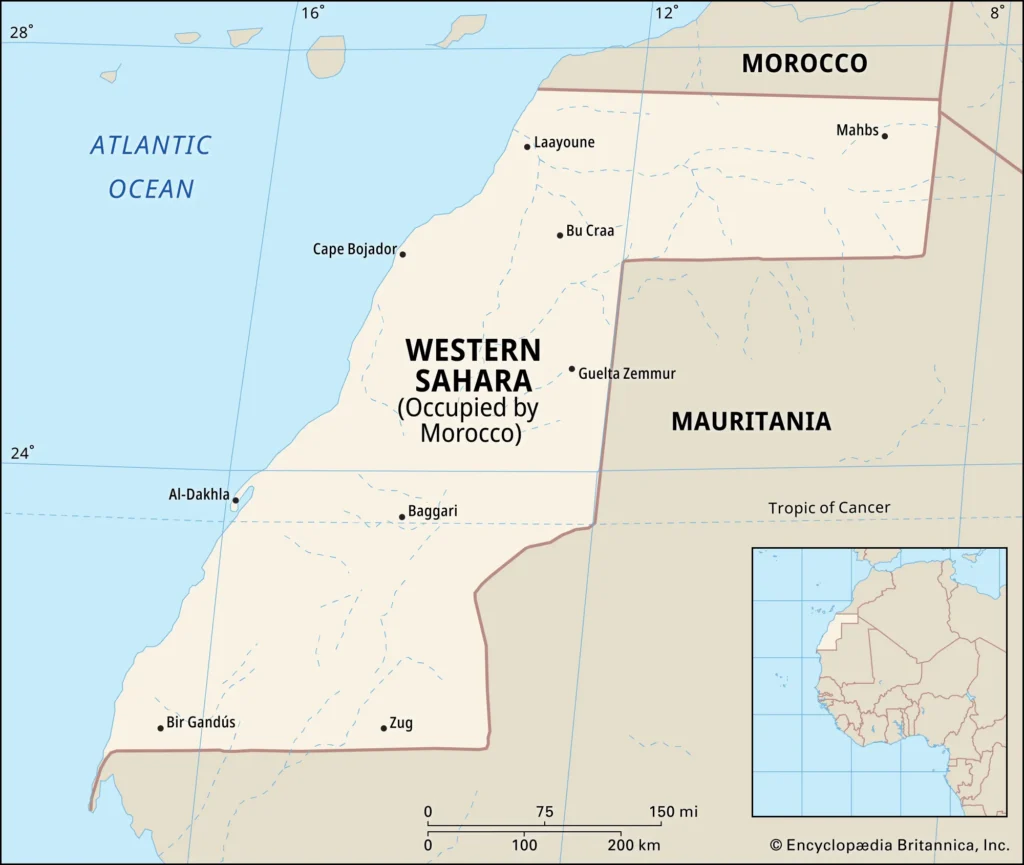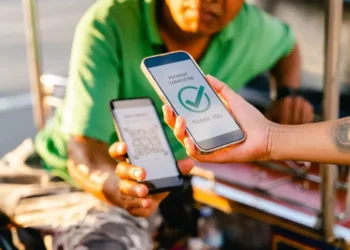In a significant shift in African diplomacy, Kenya has officially declared its support for Morocco’s plan to grant Western Sahara autonomy under Rabat’s sovereignty. The announcement, following bilateral talks, places Kenya among the growing ranks of African, Arab, and Western nations aligning with Morocco in the long-standing territorial dispute.
The Western Sahara conflict, rooted in events dating back to 1975, continues to divide the region. Morocco maintains the area is an integral part of its territory, while the Algeria-backed Polisario Front campaigns for a fully independent state in the vast desert region.
In a joint communiqué issued after a high-level meeting between the foreign ministers of both nations in Rabat, Kenya expressed strong backing for Morocco’s proposal, describing it as the “only credible and realistic solution” and “the sole sustainable approach” to the conflict.
The new development coincided with the inauguration of a Kenyan embassy in Rabat, marking 60 years of diplomatic relations between the two countries.
Beyond the political stance, the meeting bore substantial economic fruits. Morocco, a major player in the phosphates and fertilizer industry, is committed to accelerating soil nutrient exports to Kenya. Additionally, the two nations agreed to strengthen cooperation in sectors including renewable energy, tourism, fisheries, security, and cultural and religious affairs.
Moroccan Foreign Minister Nasser Bourita welcomed the shift in Nairobi’s stance, calling the Western Sahara issue “the national cause” and saying Kenya’s position “helped add a new impetus to bilateral relations.”
Kenyan Foreign Minister Musalia Mudavadi echoed this sentiment in a statement posted on his official X account. He revealed efforts to deepen trade relations and push for balanced commerce between the two nations. “Held productive bilateral talks with H.E. Nasser Bourita, Morocco’s Minister of Foreign Affairs, where I championed greater Moroccan imports of Kenyan tea, coffee, and fresh produce to help balance our trade,” Mudavadi wrote.
He further disclosed discussions aimed at increasing the number of Kenyan students receiving scholarships in Morocco, which currently stands at 20. Mudavadi also advocated for recruiting Kenyan teachers to meet Morocco’s growing demand for English language instruction.

Five Key Agreements Were Also Signed
During the visit, the two countries signed five key Memoranda of Understanding (MoUs). These covered housing and urban development, trade and commerce, youth affairs, foreign service training, and collaboration between the Kenya School of Government and Morocco’s National Higher School of Administration.
“We now look forward to translating these agreements into action for the shared prosperity of both nations,” Mudavadi added.
Additionally, Kenya extended its support for Morocco’s Atlantic initiative, which aims to give landlocked Sahel nations direct access to global trade through Moroccan ports along the Atlantic Ocean, a proposal that further underscores Rabat’s growing regional influence.
The new strategic partnership comes amid broader geopolitical shifts in Africa, where Morocco continues to garner backing for its autonomy plan. With Kenya now on board, Rabat secures a key East African ally, further consolidating its position in continental and international diplomacy.























